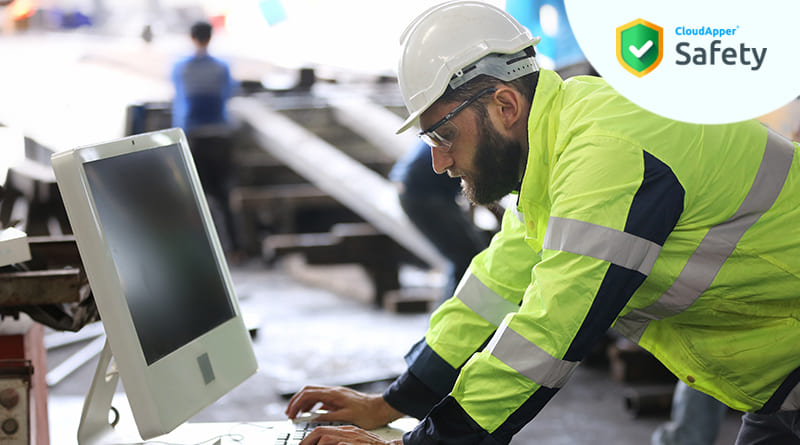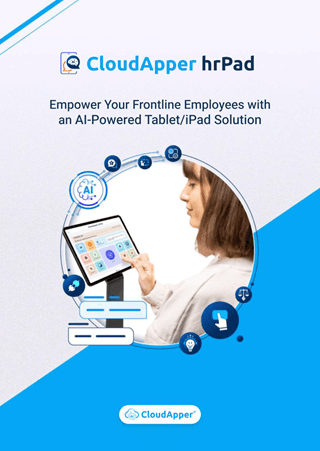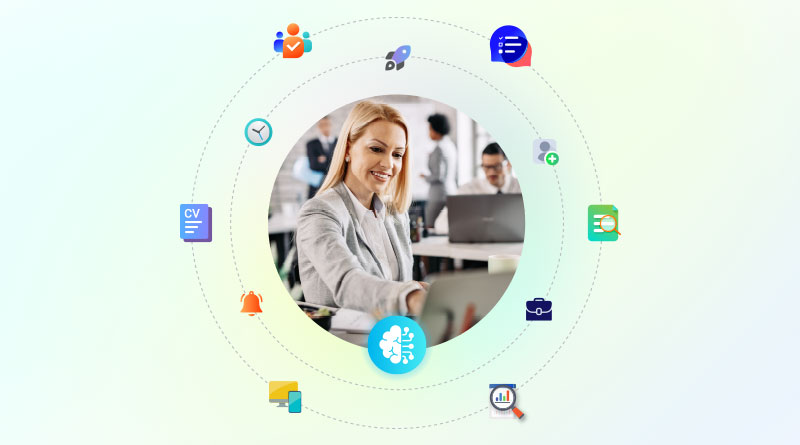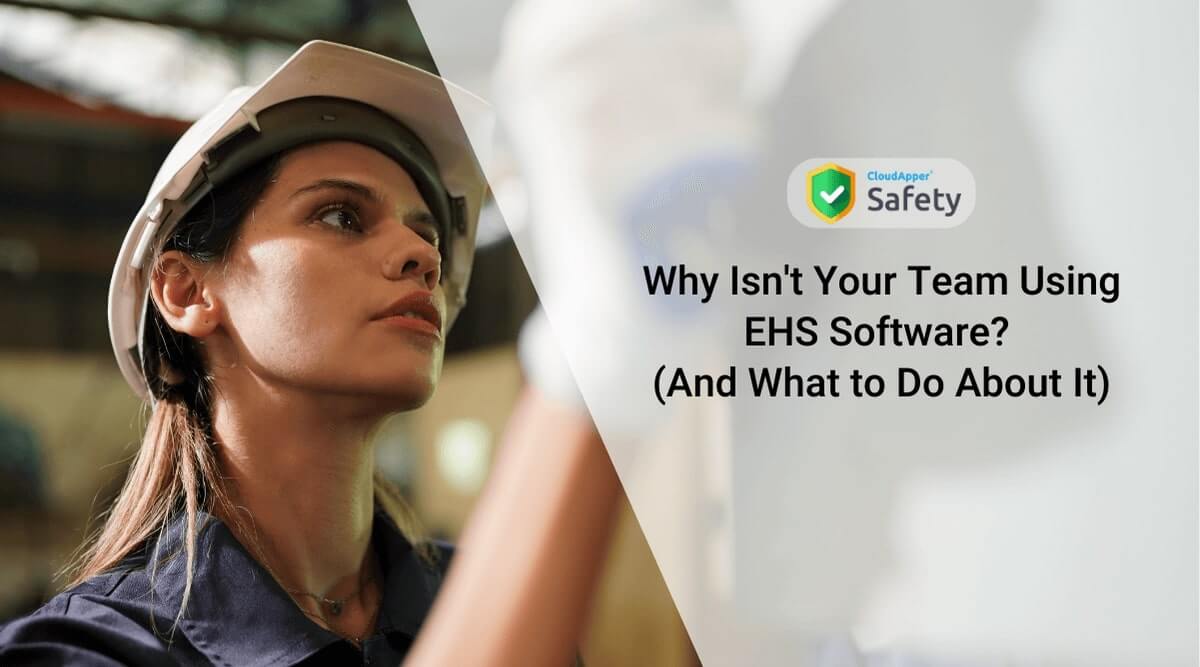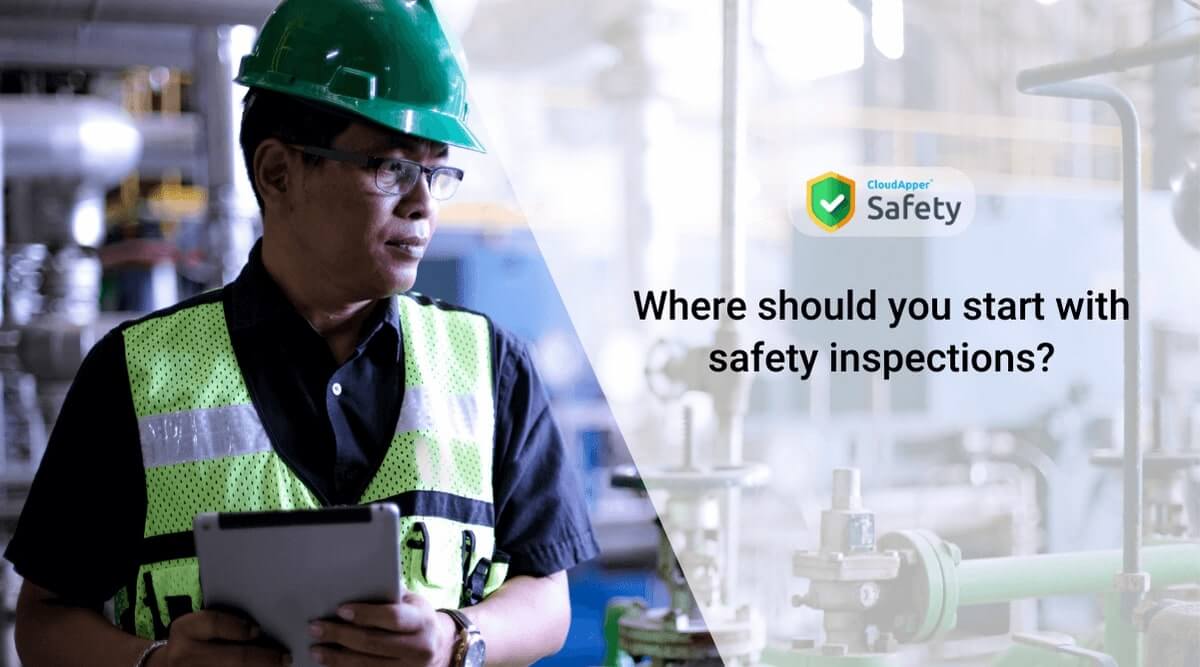Table of Contents
When selecting an EHS software vendor, industry expertise should be a decision factor.
This is especially true for software buyers in highly regulated industries like oil and gas, utilities, and manufacturing.
Consider the following: Would you go to a doctor who had never done a knee replacement before if you needed one? Most likely not. You’d search for a surgeon who’d done the procedure before and has an established track record of success.
Similarly, selecting a vendor who is experienced with your industry is a wise decision for a variety of reasons. Let’s look at some of those factors in greater detail, as well as how to evaluate a vendor’s industry experience.
Why does industry knowledge matter while selecting the EHS software?
A vendor must be able to comprehend your specific difficulties in order to assist you in finding the best solutions. A mid-sized chemical manufacturer’s difficulties will be very different from those of a major retailer, for example.
There is no alternative for hands-on experience. Consider how many years you have spent learning the ins and outs of your industry, obtaining certifications, and polishing your talents. Similarly, vendors who have worked in the sector for a long time have developed subject-matter expertise that is helpful to you. However, due to the recent trend of EHS software businesses being acquired by private equity firms, this type of experience is becoming increasingly rare in today’s market.
That doesn’t rule out the possibility of a vendor learning about your sector. However, this means that they will take much longer to catch up. If you need to scale up your efforts rapidly, seek a vendor who is familiar with your business and can get right to work.
Your vendor must also be able to comprehend the requirements of certain consumers. That entails understanding how a lineman will conduct inspections using a mobile app. Or how the EHS software will be used by an environmental consultant to generate greenhouse gas reports.
Your vendor’s knowledge of the industry also means that they’ll be able to predict hurdles in the installation process. They’ll be able to foresee where things might go wrong during the rollout based on their experience with other customers in your sector, as well as what forms of training might work best for specific groups of users. For everyone involved, the end effect is an easier and more productive onboarding experience.
How to evaluate a vendor’s industry knowledge?
1. Visit the vendor’s website and look around
The vendor’s website can provide some useful information about their previous experience during your initial search. A nice place to start is the About Us page. Examine both EHS software’s domain expertise and industrial experience.
Then go to their blog and read what they have to say. Is it apparent that they are well-versed in EHS software? Do they keep you up to date on what’s going on in their business? Do they write about topics that are important to your company? All of these things indicate that they are engaged in the sector and are aware of current events.
2. Take a look at their existing clients
Take a peek at their clients next. Pay attention to the types of businesses they’ve previously worked with and whether they seem to specialize in a certain market sector. A customer portfolio with an excessively broad scope does not reveal anything about their understanding of your sector in particular.
On the other hand, if you notice a lot of organizations that are comparable in size or specialty to yours, you can be confident that the vendor has the necessary experience regarding EHS software.
Choosing a vendor based on how many Fortune 500 firms they’ve worked with is one of the worst blunders we’ve seen. Don’t be fooled; this does not imply that they are qualified to assist your organization directly.
3. Pay attention to their involvement in the industry
There’s always more to learn, no matter how much expertise a provider has. Because the field of environmental, health, and safety (EHS) is always changing, it’s critical for vendors to keep updated.
There are several options for keeping up with the newest news, trends, and best practices, including:
- Reading and sharing industry-related articles
- Attending (or presenting at) an EHS software conference
- Organizing a webinar with other industry experts
When a vendor takes the time to accomplish these things, it demonstrates that they are eager to learn and grow. That’s a positive sign they’ll be able to apply their abilities and knowledge to your project.
4. Conduct an interview with the EHS Software vendor
Finally, speak with the vendor’s staff. Ask precise questions about the problems you’re having and the goals you want to achieve. Managing problems such as leaks, outages, and quality issues, for example, is a typical issue for utility businesses. It’s a good clue that the person you’re speaking with is experienced with your sector if they can give specific examples and ask clever follow-up questions. If, on the other hand, you get unclear or generic responses, it’s likely that they don’t have much experience in your sector.
That’s not to suggest they won’t work; many providers are prepared to put in the effort to learn. However, you should be aware of this information before signing a contract so that you can plan accordingly.
Conclusion
Make no mistake: other abilities, like communication, project management, and technical expertise, are important. However, industrial experience is quite important. Don’t let anyone convince you otherwise.
CloudApper Safety’s management and product teams have extensive experience in implementing EHS software in manufacturing, healthcare, etc. sectors. We focus on customers in highly regulated industries such as utilities, refineries, pipelines, and manufacturing. Contact us to learn more about how we may assist you in implementing EHS software.
What is CloudApper AI Platform?
CloudApper AI is an advanced platform that enables organizations to integrate AI into their existing enterprise systems effortlessly, without the need for technical expertise, costly development, or upgrading the underlying infrastructure. By transforming legacy systems into AI-capable solutions, CloudApper allows companies to harness the power of Generative AI quickly and efficiently. This approach has been successfully implemented with leading systems like UKG, Workday, Oracle, Paradox, Amazon AWS Bedrock and can be applied across various industries, helping businesses enhance productivity, automate processes, and gain deeper insights without the usual complexities. With CloudApper AI, you can start experiencing the transformative benefits of AI today. Learn More
